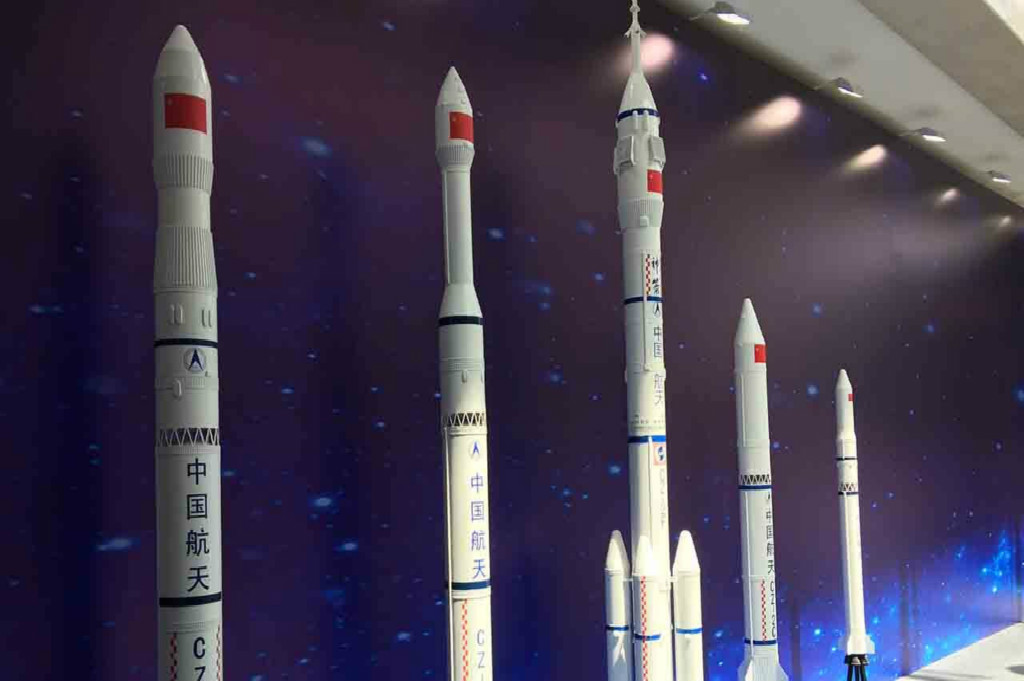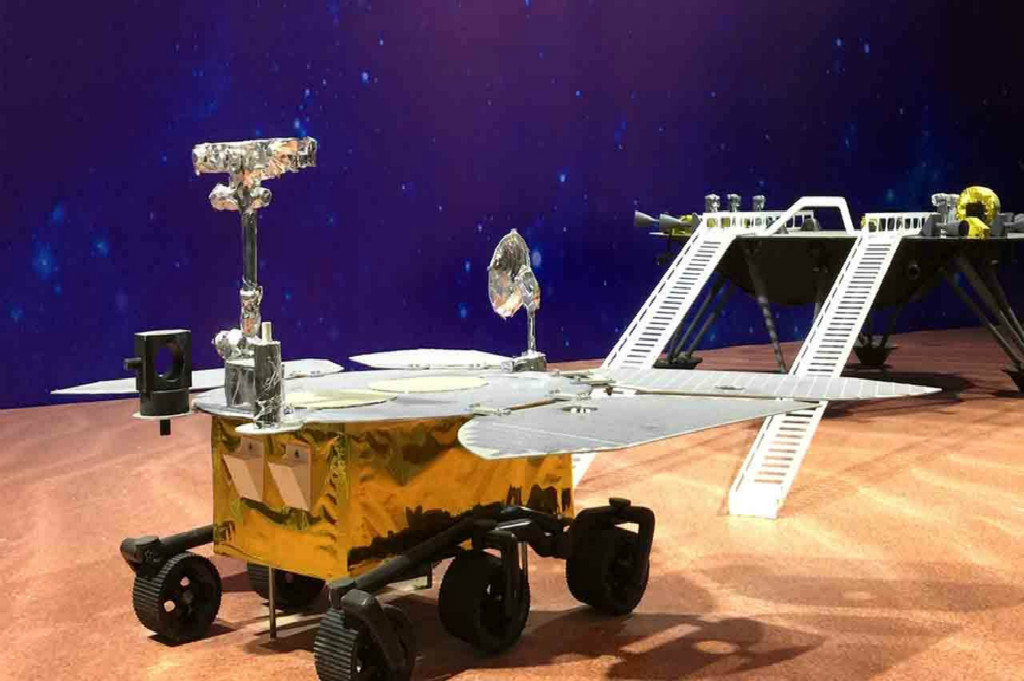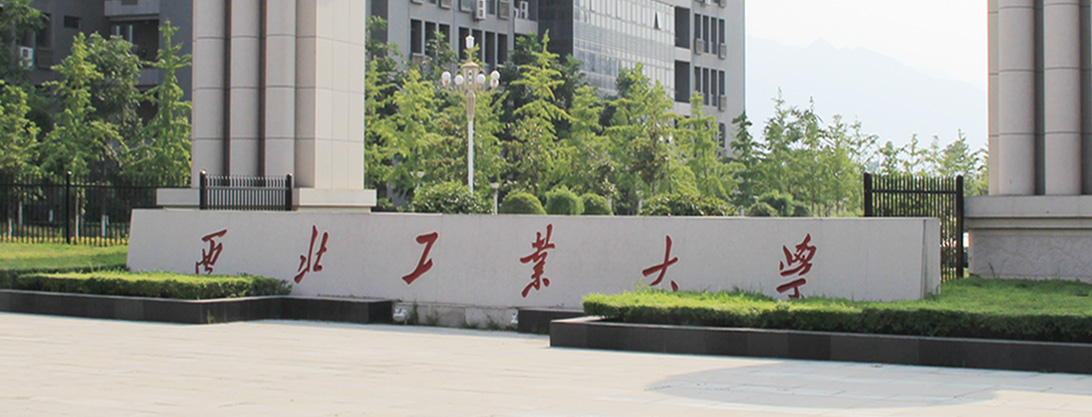China designated April 24 as Space Day in 2016 to mark the anniversary of the country's first satellite launch in 1970. The second Space Day was on Monday, celebrating the country's aerospace achievements and signaling its ambitions to explore the cosmos.
Space Day 2017 focused on how space technology can further economic and social development here on Earth. Astronauts and scientists from China and held talks and exhibitions opened to showcase Chinese advances in space exploration, China's lunar probe, and the BeiDou navigation satellite system.

Northwestern Polytechnical University (NPU) in Xi'an, northwest China, is holding one such exhibition that has attracted thousands of visitors. On Monday, authorities used the event to inaugurate the Aerospace Innovation Alliance, which will aim to encourage more open cooperation with the space programs of other countries.
Professor Shang Peng from the Space Biotechnology Lab of NPU is playing an instrumental role in the Space Life Science Project, an experiment on the long-term effects of microgravity on bone cells that is being conducted right now on board the Tianzhou-1 cargo spacecraft launched by China on April 20.
Shang emphasized that "the school has cooperation with Germany and with Russia. We used cooperation to improve our own standards. But in recent years, we have focused on cooperation with third-world countries, because they are not capable of doing space experiments on their own. So we worked with the United Nations Office for Outer Space Affairs to provide a platform for third-world countries. Our laboratory is fully open to the world."
He also said that a Pakistani doctoral student graduated from the lab last year as part of the educational cooperation plan. The lab also focuses on analysis of static magnetic fields and their effects on biological systems, so-called biocompatible materials, and space medicine. Xi'an is home to more than 200 aerospace research centers and enterprises.

Zhang Weihong of NPU said they hope to develop this platform to strengthen contact with overseas partners, send students overseas, and have more foreign experts come to China to help the development of China's space industry.
China has developed its own launch vehicles, put astronauts into orbit starting with Yang Liwei in 2003, soft-landed on the Moon with Chang'e-3, developed its own GPS-rival in the BeiDou system and is now setting its sights on a space station, Mars and beyond.

